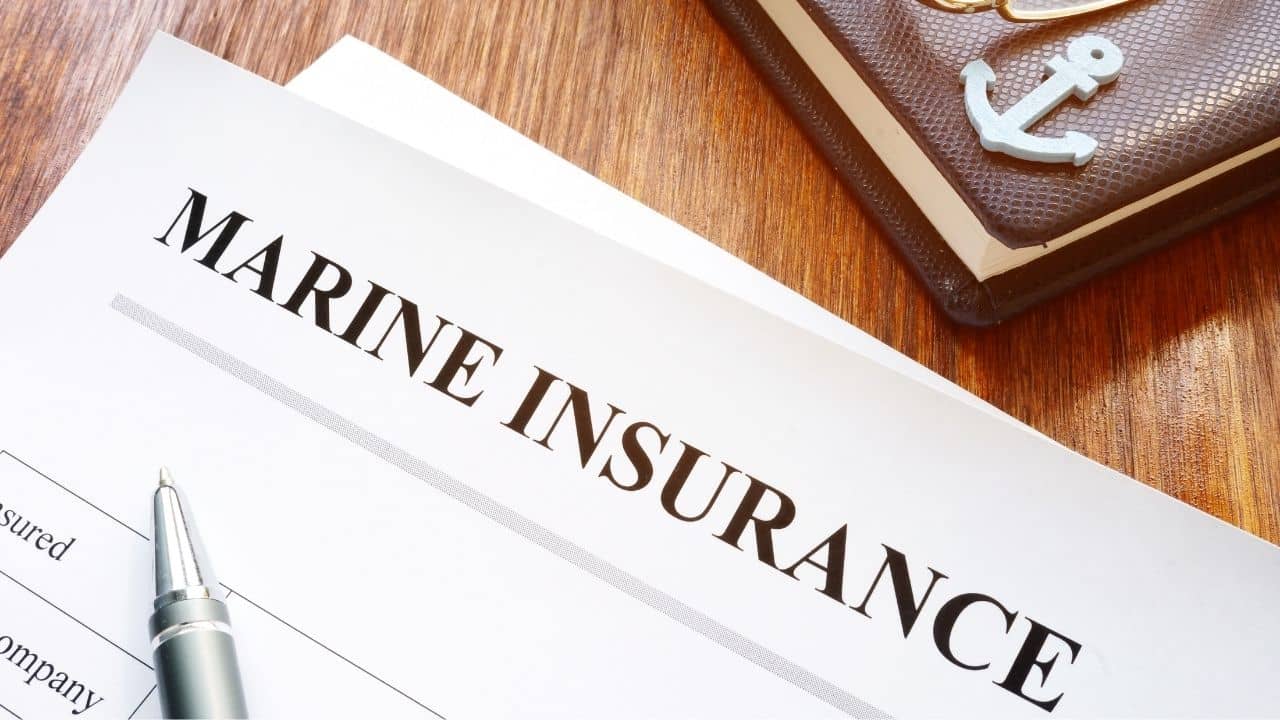
The Explosive Risks of the Lithium Battery Trade
4-minute read
Another car carrier disaster has occurred, with electric vehicle batteries being identified as the possible cause of the fire.
This tragic incident resulted in the loss of a seafarer’s life and caused injuries to others. As a result, safety concerns are being heightened not only due to the fire itself but also due to the possible involvement of electric vehicle batteries in the accident.
The vessel, twice the length of a football field, had just left the German port of Bremerhaven bound for Singapore with almost 3,800 vehicles on board, some of which were made by BMW and Mercedez-Benz. Electric cars and construction vehicles were among the cargo.
The incident unfolded on board the Fremantle Highway in the darkness early Wednesday last week when the vessel caught fire near the Netherlands which may burn for days as the Dutch coast guard focuses on keeping the hull from overheating so it doesn’t leak fuel or sink.
The 23-person crew — 21 of whom are from India — tried to fight the flames but had to abandon ship, some of them leaping into the water and sustaining injuries before being rescued by helicopter. There was one fatality, though the cause of death wasn’t disclosed.
“One by one, they jumped, and we had to fish them out of the water,” said Willard Molenaar, a lifeboat captain who arrived on the scene. “They were really desperate, so they had to jump – you don’t just do that for the sake of it.”
Operated by K-Line but owned by an Imabari Shipbuilding subsidiary, the Fremantle Highway tragedy adds to the already patchy safety record of car carriers, whose designs had suffered from a number of major shortcomings even before the epidemic of fires on board relating to electric cars.
These include the free-surface effect and high wind resistance.
“One issue that has to be of concern is the crew,” Peregrine Storrs-Fox, TT Club risk management director, told The Loadstar.
“You had 25 people on board, most of whom managed to get off; one tragically died. But some of them had to jump off – that can’t be right. They shouldn’t be jumping off the ship; there should be a lifeboat.”
Several Incidents
The cause of the blaze is still unknown, according to the Dutch coast guard, which denied reports that it had been confirmed the fire broke out in a section of the carrier where EVs were stored.
There have been a few instances of ship fires with automobiles on board in recent years:
- Earlier this month in New Jersey, two Newark firefighters died while battling a blaze that broke out as used vehicles were reportedly being loaded for export on the Grande Costa D’Avorio.
- Last year, the Felicity Ace caught fire in the Atlantic while transporting about 4,000 Volkswagens-Audi Group vehicles to the US. An estimated US$438 million worth of goods were aboard the ship, US$401 million of which were cars.
- In June 2020, the Höegh Xiamen caught fire in Jacksonville, Florida, totalling the vessel and destroying its cargo of 2,420 used vehicles, according to Allianz, which said the investigation blamed the cause on an improperly disconnected battery in a used vehicle.
- In 2019, three car carriers were lost, two, Diamond Highway and Grande America, relating to catastrophic fires.
Globally, fire was the leading cause of losses for the shipping industry last year, according to Allianz’s Safety and Shipping Review 2023. Eight vessels were lost, and more than 200 incidents were reported — the most in a decade.
Allianz, the German insurance provider, said there have been “several incidents” in recent years where lithium-ion batteries were reported to be contributors to fires on vessels.
According to Rahul Khanna, global head of marine risk consulting at Allianz Commercial, lithium-ion batteries that ignite are harder to extinguish because “they can burn more ferociously and are capable of spontaneously reigniting hours or even days after they have been put out.”
“Most ships lack the suitable fire protection, firefighting capabilities, and detection systems to tackle such fires at sea, which has been made more difficult by the dramatic increase in ship size — container-carrying capacity has doubled in the last 20 years,” Khanna said in a statement last week.
In light of this tragedy and the escalating number of ship fires plaguing the maritime industry, obtaining marine cargo insurance has become an imperative and prudent decision for all stakeholders involved in shipping.
This unfortunate incident serves as a sombre reminder of the potential risks and uncertainties that ships face while transporting goods across the vast seas and that no cargo shipment is entirely immune to unforeseen disasters, and ship fires can inflict devastating losses.
With the frequency of such incidents on the rise, cargo owners are facing an increasing likelihood of encountering disruptions, delays, and potential damage to their goods.
Marine cargo insurance provides a crucial safety net, offering financial protection against the devastating consequences of accidents, fires, and other unforeseen events that can result in significant losses.
Given the apparent surge in ship fires, it is evident that the industry is grappling with a growing problem that demands immediate attention and preventive measures.
Source: Bloomberg and The Loadstar
P.S. Easy Freight Ltd helps New Zealand importers & exporters to save money on international freight and reduce mistakes by guiding how to comply with Customs and biosecurity rules.
➔ Contact us now to learn how we can assist you.

